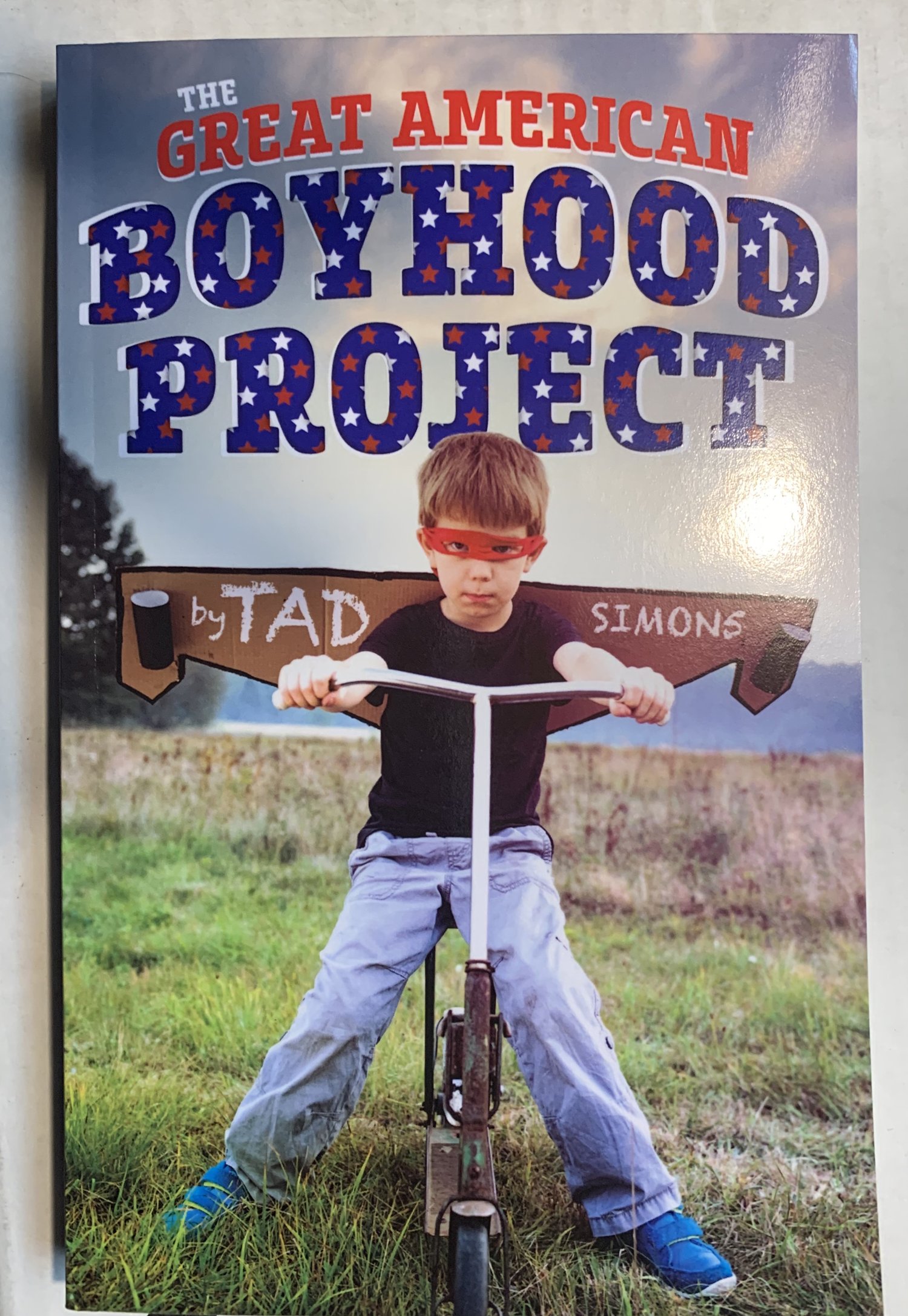When people hear that I am a genius, the first thing they usually want to know is HOW I know I’m a genius, and how long I’ve known it.
The thing non-geniuses don’t understand is . . .well, pretty much everything. The fact is, being a genius is something you just “know,” like whether or not you like tuna fish, or how soon you’re going to puke. It’s a gut feeling. If you don’t know for sure that you’re a genius, trust me, you’re not.
Sure, there are IQ tests and other various methods of measuring “intelligence,” but these are all crude attempts by non-geniuses to quantify something they clearly don’t understand. All true geniuses reject these kinds of tests as stupid and beside the point, and so do I—because, as we’ve already established, that’s what geniuses do.
Accepting one’s own genius is a long process of discovering, time and time again, that you are smarter and better than everyone else. In school, it did not take long for me to realize that my fellow classmates were all whiny, snot-nosed know-nothings. It became clearer with each passing year that my teachers too were complete nincompoops; losers, every one. And when I entered the working world, I was gobsmacked by the absolute shit-storm of stupidity that surrounded me on a daily basis. No matter which company I worked for, the story was always the same: numbskulls and boneheads from top to bottom running around making crap-tastic decisions that resulted in huge clusterfucks of mind-melting idiocy—all of which could have been avoided if they had simply been intelligent enough to ask me first.
Alas, being ignored and overlooked by others is not uncommon in the life of a genius. Few people appreciate how much their lives could improve if they would just shut up and listen to what I’m telling them. But no, they’d rather listen to themselves than to me, even after I’ve explained, in no uncertain terms, how inferior their opinions are to mine.
People think being a genius is all MENSA mixers and Jeopardy tryouts, but the reality is much less glamorous. You can tell people over and over again how brilliant you are compared to them, and half the time they won’t even believe you. But what do you expect from non-geniuses? They are handicapped, after all, and because of their shortcomings we must rise above the fray and have pity on them. The lot of the genius is never easy; we must console ourselves with the knowledge that we are always right, and they are wrong, even if they don’t know it yet. Which they don’t, because they are not us.

